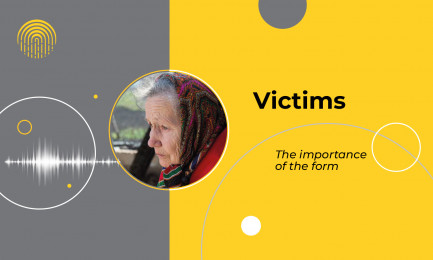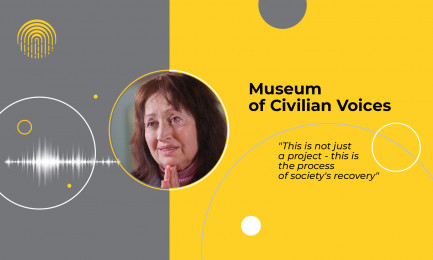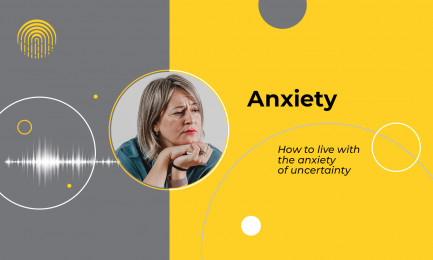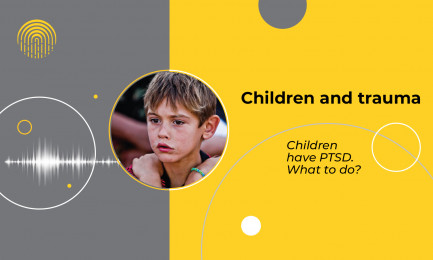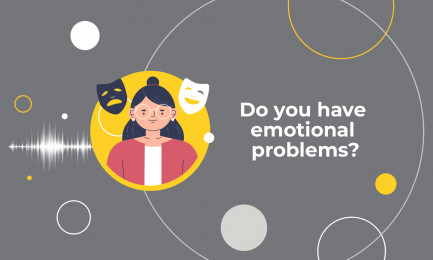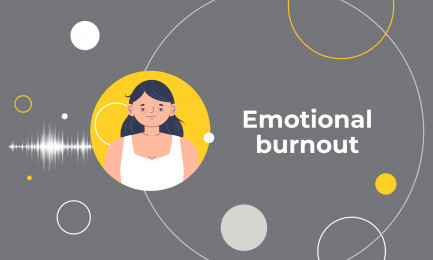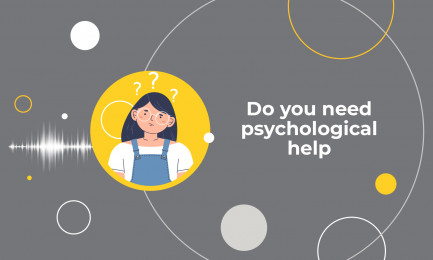people received psychological help
Civilian Voices. Trauma of war
Let's overcome the consequences of war for a better future!
people received psychological help
What is the trauma of war? What are the causes and symptoms of the trauma of war? Why is it so important to seek help from a specialist? Accredited psychologists of the Rinat Akhmetov Foundation can help you overcome the trauma of war. Take our tests for psychological health self-assessment and learn more from webinars and articles of psychologists.
Psychological assistance is among priority areas of the Rinat Akhmetov Foundation. As far back as in 2014, the Rinat Akhmetov Foundation was the first to give a helping hand to Donbass residents. Two hundred fifty psychologists were trained by the Foundation in the War Trauma training programme. As a result, over 60,000 residents of the Eastern Ukraine were given psychological assistance for their trauma.
The Rinat Akhmetov Foundation continues to provide psychological support to Donbass civilians. Psychologists help people overcome the trauma of war, cope with depression and anxiety driven by fear of the armed conflict and tense social and economic situation, as well as the pandemic.
Psychologists provide support to the war-affected civilians of Donbass and IDPs by conducting online consultations, individual and group counselling sessions.
The Museum of Civilian Voices, which has launched the project Civilian Voices. How to Cope, is the space where people can openly talk about their personal tragedy, free themselves from the burden of silence, and enable their country fellows and people from around the world to hear, see, and embrace each story with their minds and souls.
Aliona Lukianchuk, a psychologist: The Museum of Civilian Voices is a unique large-scale psychotherapeutic project. Sharing your own story means to allow psychological processing of trauma. This means starting to embrace what has happened to you. Talking about yourself is the first step on the way to recovery.
This is a psychotherapeutic project that has been designed to help people start treatment. People start realising what has happened to them and do not want this story to repeat itself.






